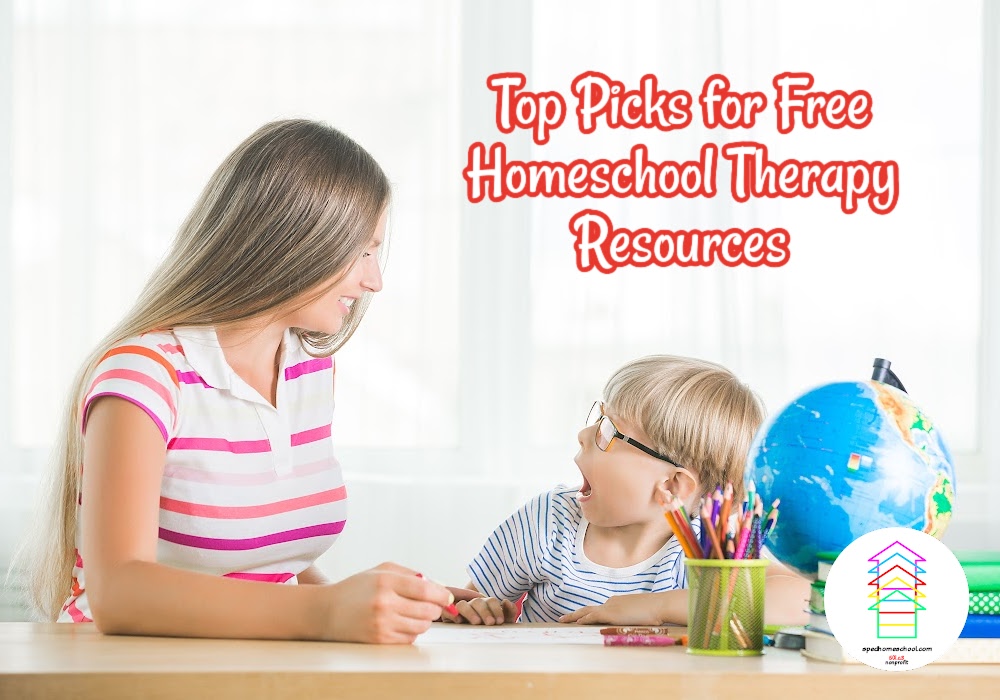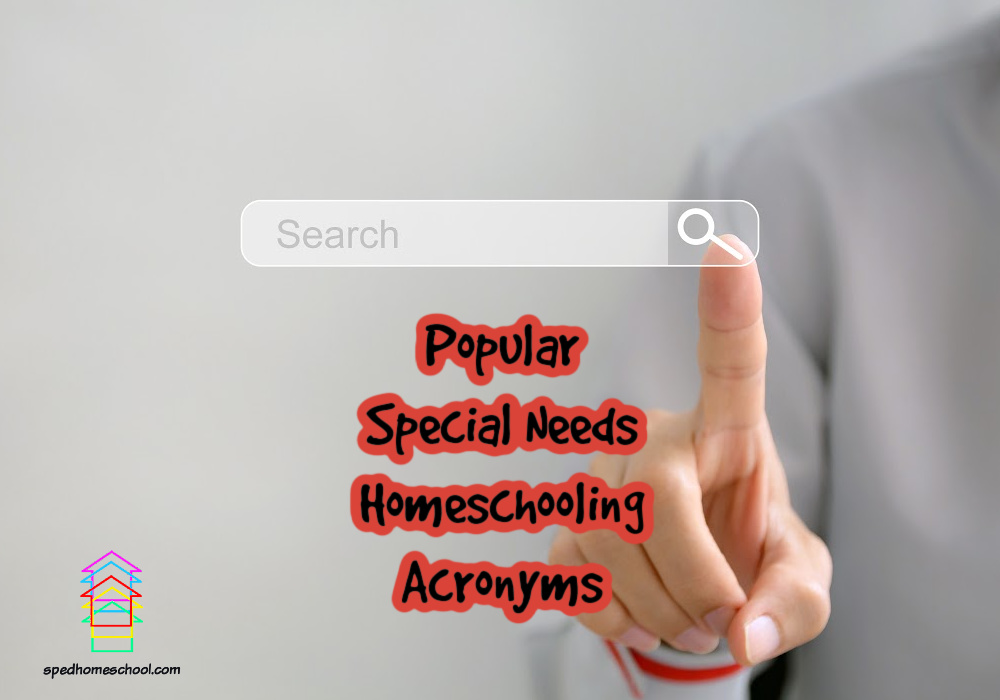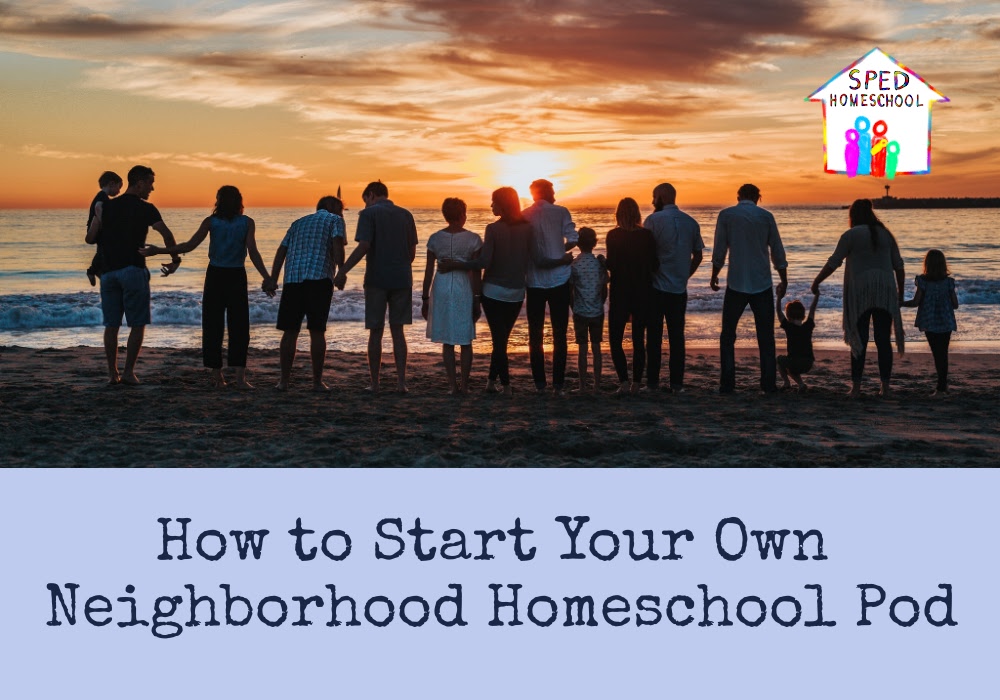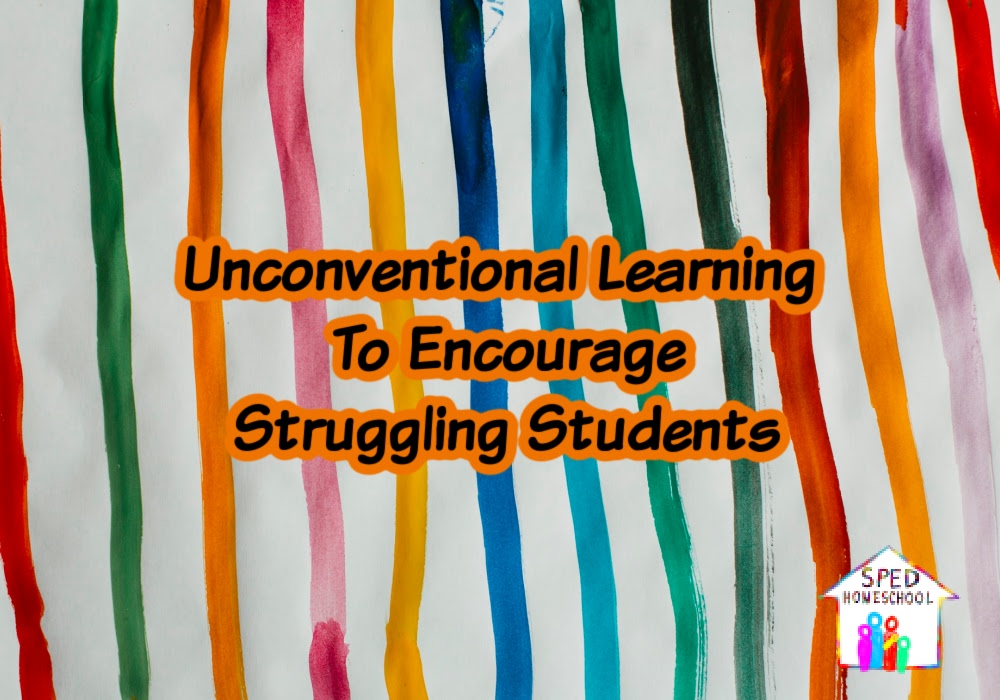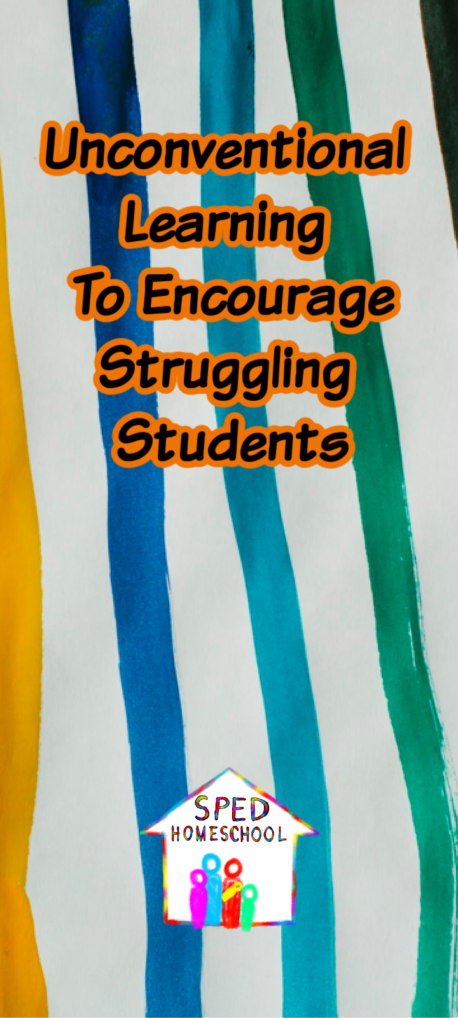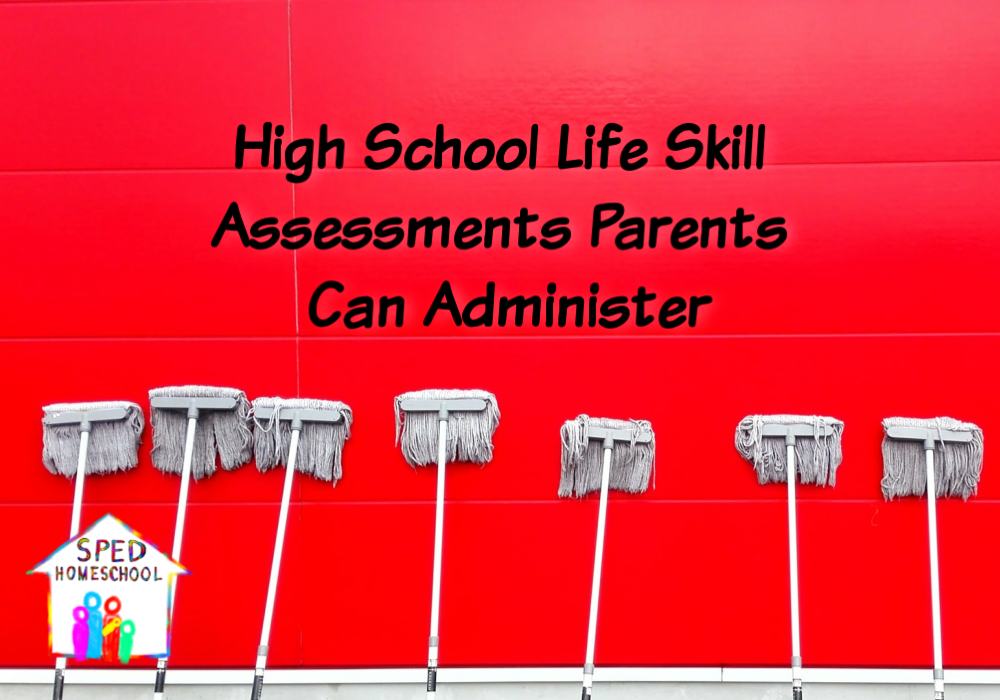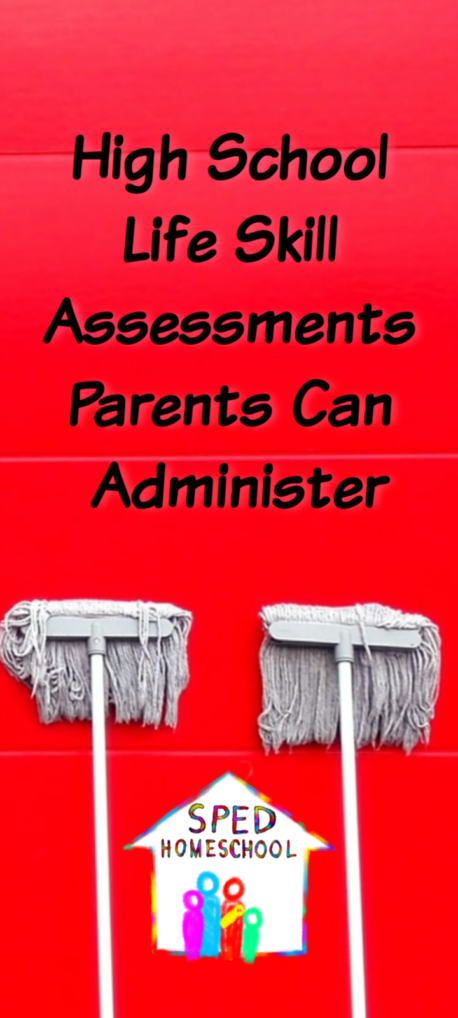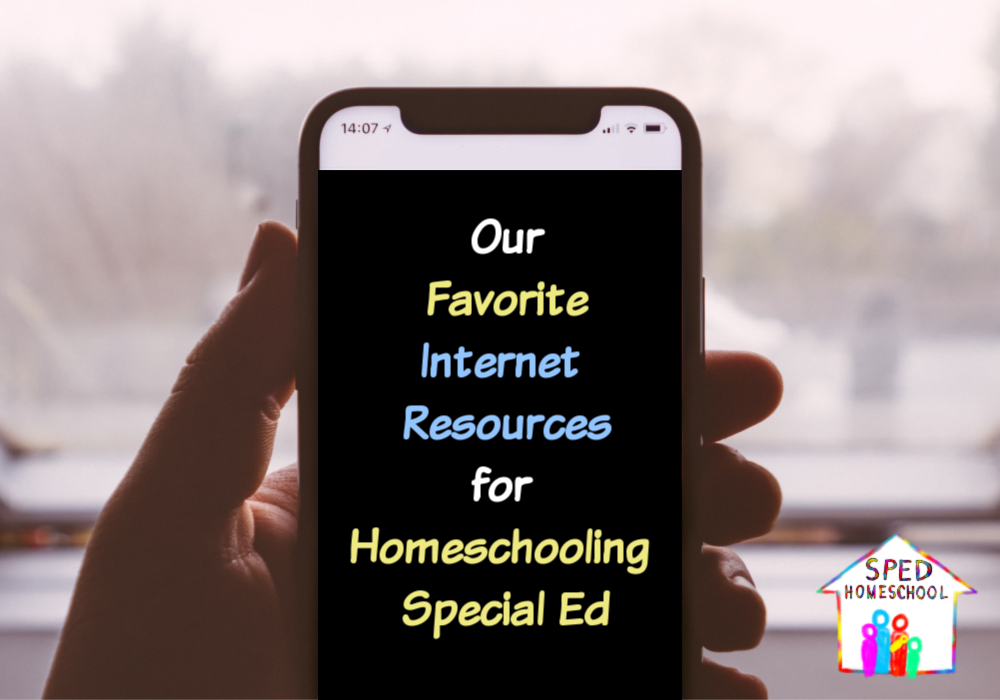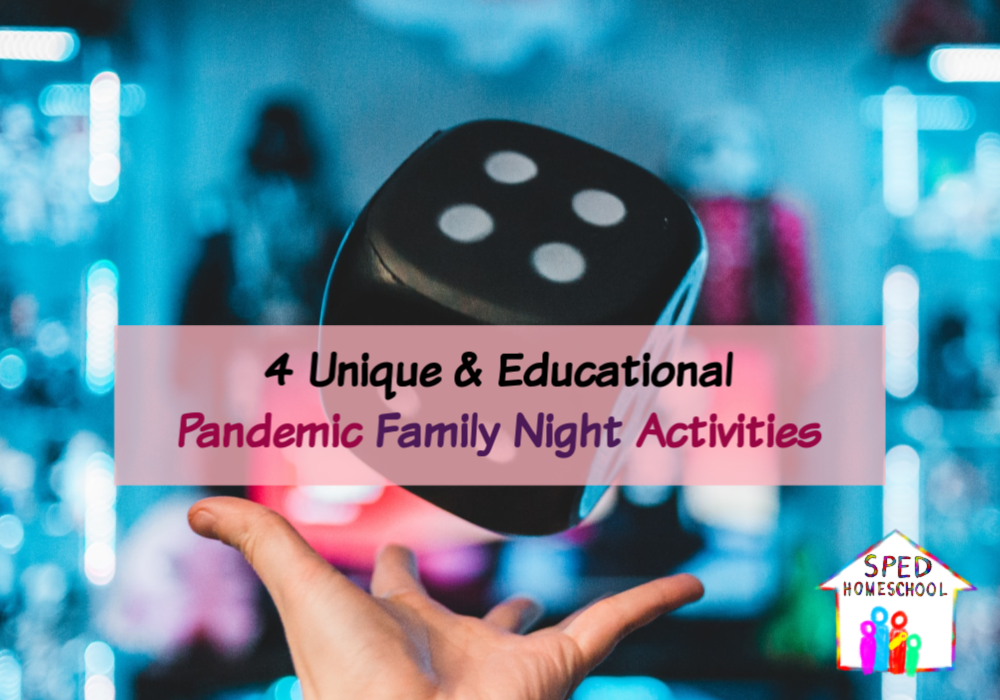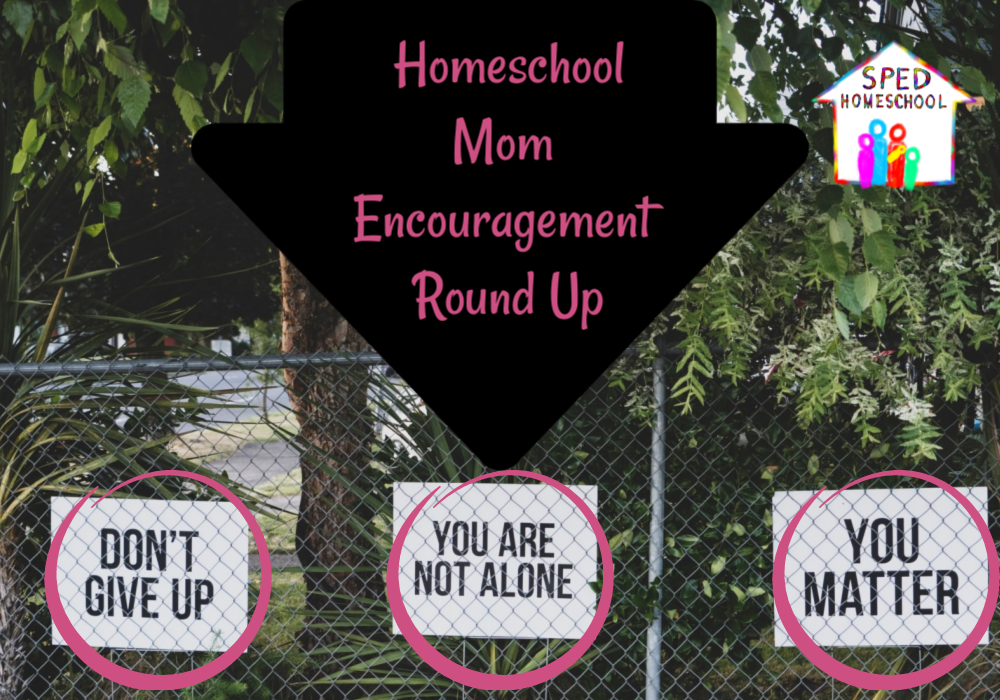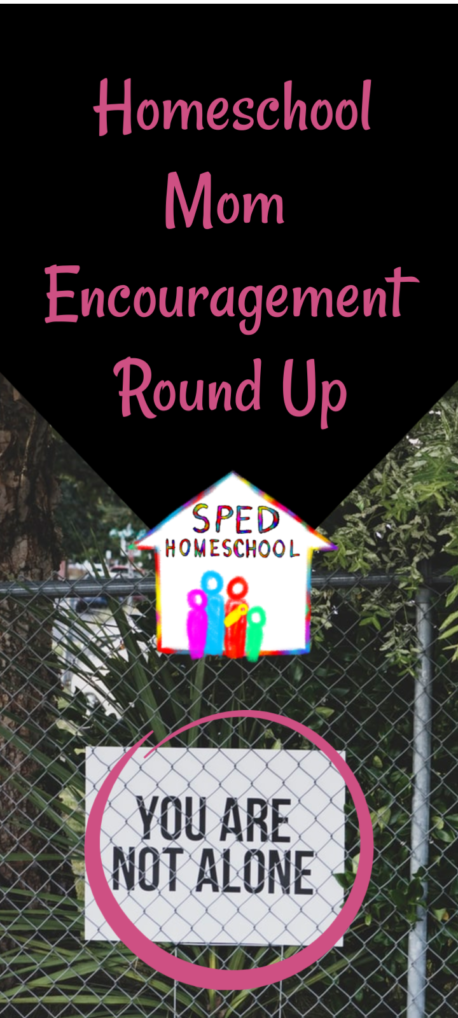Peggy Ployhar
Are you a homeschool mom looking for some encouragement? Here are 20 articles on our website that provide homeschool mom encouragement for just about any situation or struggle you may be currently facing.
Purpose
Living Out Your Calling While You Homeschool
“Do you ever wonder if you will ever accomplish your life’s purpose? Does it feel at times like homeschooling stands in the way between where you are now and the dreams that God has laid on your heart?” Read more here
Marriage
Thriving in a Special Needs Marriage
“Reading this, you are likely a special-needs parent and/or married to someone with special needs. You might need encouragement or strategies for marital happiness in the face of trials. Well, my prayer is that this article will provide both.” Read more here
Patience
Growing in the Shade
“Sometimes we pushed our young children more than we should have, and invariably we then witnessed…behaviors … I knew that our children would not thrive in…overbearing pressures. “ Read more here
Forgiveness
5 Mistakes I Made as a New Homeschooler
“…factors set me up to embrace homeschooling like a drowning person grabs a flotation device. Some great things resulted from those bumpy beginnings, but eleven years later, I see my mistakes during that time too.” Read more here
Endurance
Pressing Through the Hard Places
“When I think of hardship, I think of special-needs moms. Parenting is difficult, but parenting with special circumstances… that’s excruciating at times. These words are for you. Soak them in and walk through this year – through the challenges – bravely.” Read more here
Uniqueness
Uniquely Fitted for Your Calling as a Homeschool Mom
“Coming together in our uniqueness is what sets us apart from the world. We choose not to fall into comparison traps or in judging others on their walk with God.” Read more here
Teaching Challenges
The Peaks and Valleys of Our Special Education Homeschooling Journeys
“…the lessons we learn in our valleys are what propel us to our peaks. The special education homeschooling journey is not without its challenges, but the rewards are well worth it!” Read more here
Inadequacy
Am I the Best Teacher for My Child?
“… I am right I am not doing it perfectly and I never will, but that is okay. I am learning that my kids don’t need a perfect mom or teacher. Instead, what they need is for me to keep going and never give up on them or myself.” Read more here
Hope
Finding Hope Despite Your Struggles
“…one of the most common heartbreaks I see lies in having no hope. It’s a tough thing to bear when your daily struggles of life have no foreseeable end.” Read more here
Support
Vulnerability and Staying Connected When You Homeschool
“…we were designed for community, and there’s simply a gap in our lives without it.” Read more here
Expectations
Homeschooling Lessons Cultivated by Looking Up and Beyond Circumstances
“Over time their difficulties have not lessened but increased. We have learned to relax our expectations, but not the quality of our courses or methods.” Read more here
Doubting
How to Homeschool Amidst Your Imperfections
“…many days prompted several overarching concerns that sounded like this in my mind: “Am I hindering my child? Is there a better way to teach this? Are my children picking up my bad habits? my husband’s? “ Read more here
Anger
Why We Should be Talking About Parenting Anger
“I would love to tell you my struggle with parenting anger was not destructive to my relationship with my children when it was at its worse, but I can’t. I vividly remember the days when my children feared me..” Read more here
Setting Aside the Books
Field Trips ARE School
“When I went from public school teacher to homeschool mom, I decided that it was my chance to provide as much hands-on learning as possible.” Read more here
Anxiety
Just Breathe
“…as a homeschooling mom I find myself sometimes thinking of all the things that I think I should be doing as a mom and a teacher. These thoughts of inadequacy take over and I lose sight of all things that I am doing…”Read more here
Tempted to Quit
Never Give Up as a Homeschool Teacher
“At some point, we all have visions of the clean, organized, quiet house we could have if we’d just enroll our kids in public or private school. Homeschooling can be challenging at times.” Read more here
Worn Out
You Can’t Pour From an Empty Cup
“…one constant that I’ve seen in most parents who homeschool their children with special needs is that most do not have a lot of time to themselves. Because of this, our “cups can be empty” before we even realize it.” Read more here
Family Crisis
5 Homeschooling Tips When There is a Crisis
“During times of crisis, it’s okay to take a break from homeschooling….especially if you know you won’t be able to teach adequately.”Read more here
Depression
Looking into the Face of Childhood Depression
“It was tough enough realizing my son was struggling with depression at such a young age. But, what made the road ahead seem even more bleak, was since I had been his age I’d silently battled the same enemy.” Read more here
Relationship Issues with a Child
Your Greatest Homeschooling Superpower
“…I have found that when a parent has struggled most with teaching their student it has been because they needed to work less on the child’s education and more on the parent-child relationship.” Read more here
We hope these articles have provided you the encouragement you need to keep going. Our goal at SPED Homeschool is to empower you to homeschool your student successfully and we do that by making sure you have access to quality resources, top-notch training materials, and on-going support. Click on these links to see how we can continue to equip and encourage you on your homeschooling journey.
SPED Homeschool Resources
SPED Homeschool Support
SPED Homeschool Tribes
SPED Homeschool Partners





